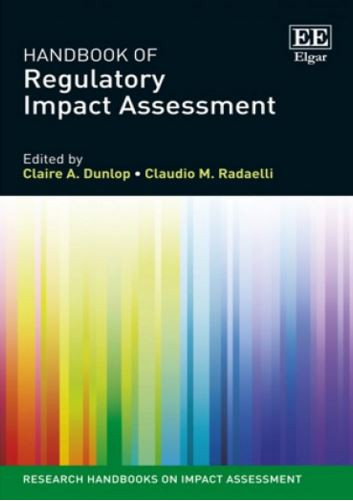The Institute for Policy Integrity produces a variety of publications. Our research reports develop in-depth research on our core issues, while our policy briefs and issue briefs provide focused analysis on more timely or particular topics. Our academic articles and working papers offer original scholarly research and analysis from established experts as well as fresh new voices.
Latest Publications
-
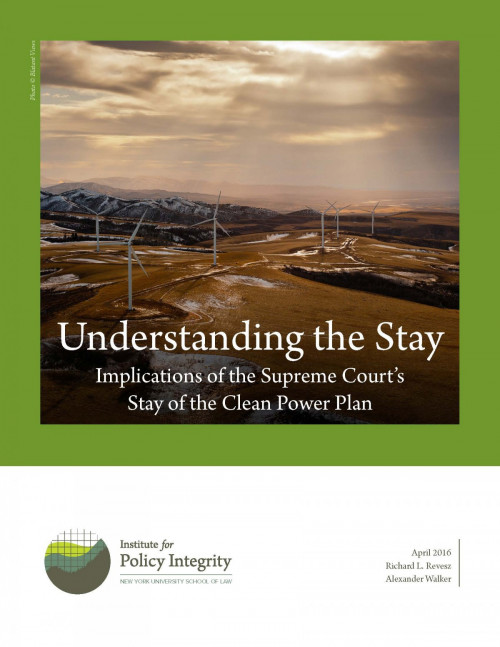
Understanding the Stay
Implications of the Supreme Court’s Stay of the Clean Power Plan
Since the Supreme Court stayed EPA’s Clean Power Plan, which regulates carbon dioxide emissions from existing fossil fuel-fired power plants, opponents of the plan have been making unfounded assertions about the consequences of the stay. This policy brief aims to clarify the stay’s implications for EPA’s implementation work and the plan’s future compliance deadlines.
-
Handbook of Regulatory Impact Assessment
Jason Schwartz, legal director at the Institute for Policy Integrity, authored a chapter in the new Handbook of Regulatory Impact Assessment. Schwartz’s chapter explores the varied applications and approaches to cost-benefit analysis in the context of regulatory impact assessment.
-
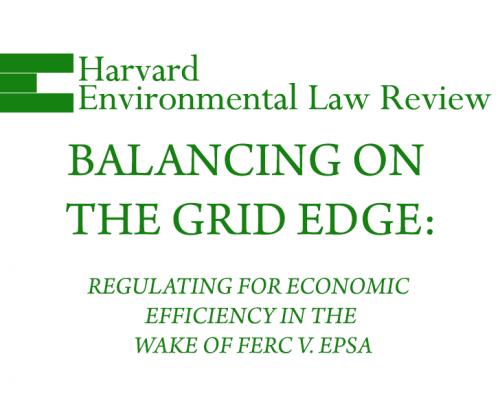
Balancing on the Grid Edge
Regulating for Economic Efficiency in the Wake of FERC v. EPSA
This new article from senior attorney Denise Grab is featured in a special edition of the Harvard Environmental Law Journal that focuses on the Supreme Court’s FERC v. EPSA case.
-
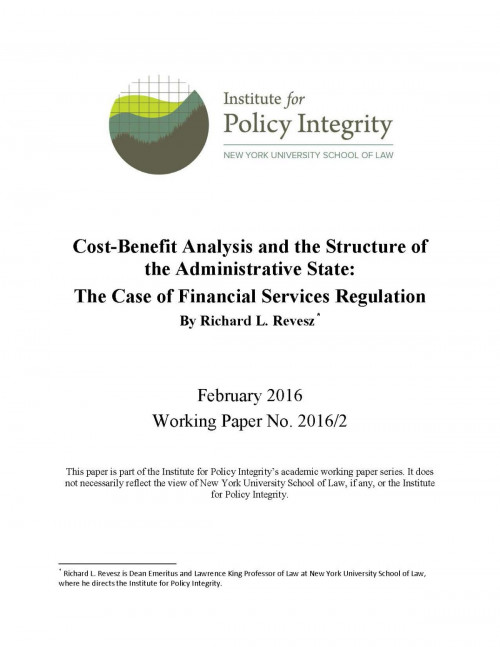
Cost-Benefit Analysis and the Structure of the Administrative State
The Case of Financial Services
The viability and desirability of conducting cost-benefit analysis of financial regulation is a subject of intense academic debate. Opponents claim that such analysis is feasible for environmental regulation but not for financial regulation because of the difference in the benefits that require monetization in the respective areas. This article, which will be published in a forthcoming edition of the Yale Journal on Regulation, argues that the recent debate misses an important part of the problem. In large part, cost-benefit analysis of financial regulation cannot currently be performed successfully because of institutional shortcomings, not analytical difficulties. Compared to Executive Branch agencies, independent agencies, like the major financial regulatory agencies, lack the capacity to do cost-benefit analyses of acceptable quality. Fortunately, there are good Executive Branch models that could be exported to the financial regulatory agencies.
-
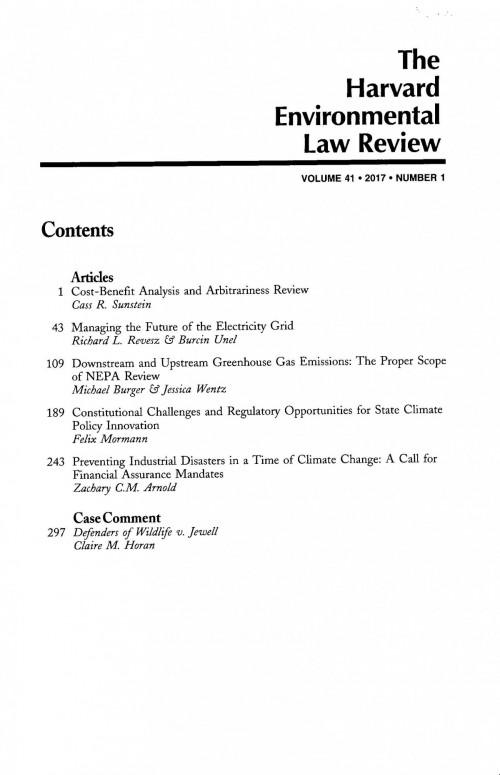
Managing the Future of the Electricity Grid: Distributed Generation and Net Metering
As distributed energy generation is becoming increasingly common, the debate on how a utility’s customers should be compensated for the excess energy they sell back to the grid is intensifying. This article provides a thorough analysis of the benefits and the costs of distributed generation and highlights the analytical flaws and missing elements in the competing positions and in all the existing policies.

